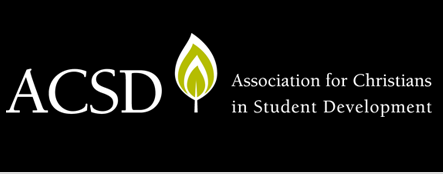Home > Other Collections > ACSD > Growth > No. 22 (2023)
Abstract
Collaboration between student affairs and academic affairs departments has long been a focus of organizational development but is inconsistent at best. This quantitative study of student affairs professionals (n = 256) within the Christian higher education context examined the role that experience of relational leadership and a worker’s level of work engagement have on a student affairs professional’s experience of relational coordination with the academic affairs departments within their organization. The study used three validated surveys and subsequent regression analysis to measure relational leadership, work engagement, and relational coordination to identify the predictive relationship between the variables as well as a qualitative question for added nuance. Relational leadership was statistically significant at predicting the relationship between relational leadership and relational coordination, but there was no statistical significance between work engagement and relational coordination. This study provides student affairs professionals with a starting point to increase relational coordination as they collaborate with academic affairs as co-curricular educators in higher education.
Recommended Citation
Muha, Mark
(2023)
"Pursuing Campus Collaboration That Works: Assessing the Impact of Relational Leadership and Work Engagement on Relational Coordination between Student Affairs and Academic Affairs in Christian Higher Education,"
Growth: The Journal of the Association for Christians in Student Development: Vol. 22:
No.
22, Article 5.
Available at:
https://pillars.taylor.edu/acsd_growth/vol22/iss22/5
Included in
Educational Assessment, Evaluation, and Research Commons, Educational Leadership Commons, Higher Education Commons, Higher Education Administration Commons, Teacher Education and Professional Development Commons

